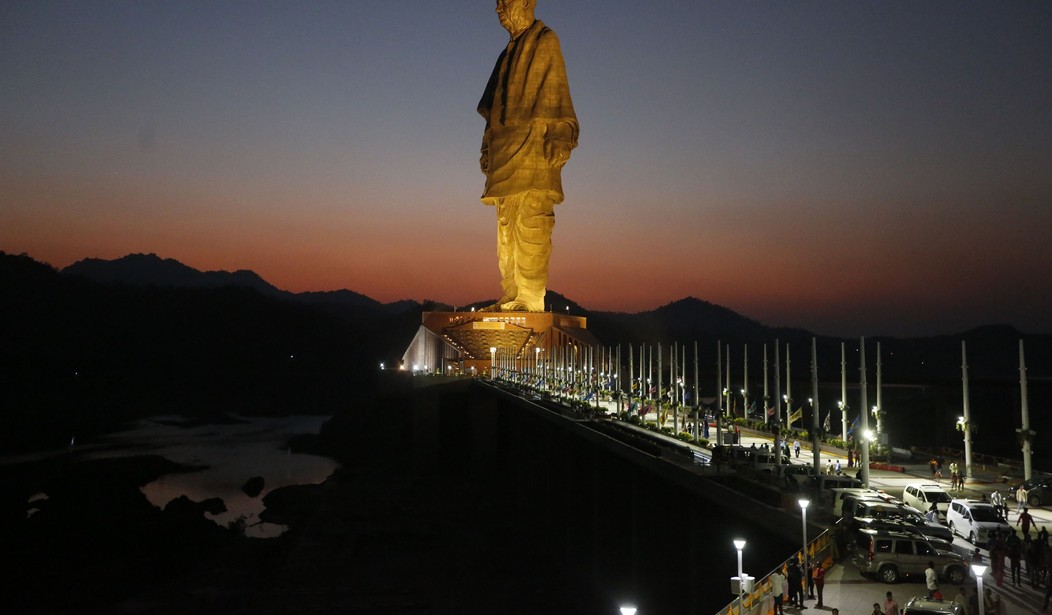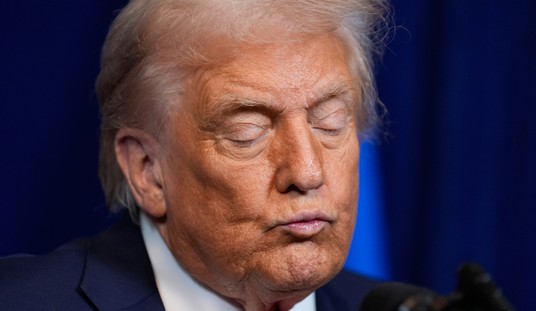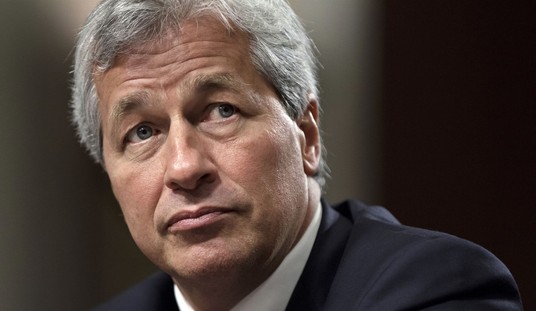Reuters reports that India has rejected the Pfizer and Moderna COVID-19 vaccines. India is able to produce a domestic version that is more affordable and easier to store. The extreme cold storage required for these vaccines is not a practical solution for a majority of this nation, where a portion of the population does not have running water, regular electricity, or internet.
India’s government will not buy COVID-19 shots from Pfizer (PFE.N)/BioNTech (22UAy.DE) and Moderna (MRNA.O), three government sources told Reuters, mainly because domestic output of more affordable and easier-to-store vaccines has jumped.
That essentially means the globally popular vaccines, which their makers have pledged not to sell to private parties during the pandemic, will not be available for now in the world’s two most populous countries – China and India.
However, it’s also due to the fact that the government will not agree to the companies’ insistence on protections against any liability or damages that might occur by administering the vaccines.
The Indian government has also declined to meet the U.S. companies’ requests for legal protection over any side-effects from the use of their shots, which are currently made only in the United States or Europe, two of the sources said.
No company has received such protection in India.
India appeared to be in a pandemic freefall between April and July, as a second wave of COVID-19 hit the nation. Cases surged, and medical centers were overwhelmed. Now, it is the end of September, and The Times of India reports that cases have dropped 15 percent, the lowest in six months. According to World-o-Meters, India is showing less than 1,500 new cases, with over 7,000 recoveries. It’s case total is 33,531,498 with 445,801 deaths. Those who have recovered from COVID in the nation? 32,783,741. That is a 99 percent recovery rate.
India’s population is 1.3 billion.
Apparently, India can cavalierly dismiss Pfizer and Moderna. How did this occur?
One word: ivermectin.
I’m so impressed with India.
They are fighting COVID and winning. Despite Twitter trying to hide it, India has been using several tools. One of the tools is ivermectin.
This is not misinformation Twitter.
It is a fact. https://t.co/pW6uUwvL7e pic.twitter.com/Nw6btgEReW
— Trudy Seivwright MD (@SeivwrightTrudy) September 20, 2021
No – the one thing is Ivermectin.
Look at India Utar Predesh.
They wiped out cv19 with Ivermectin.
Doing well in indonesia as well.
Look at Israel, vaccines have failed.— Merlander (@Merlander2) September 22, 2021
In fact, an Indian virologist is saying the quiet part out loud. It’s time to move from “pandemic” to “endemic”.
Klaus Schwab is clutching his pearl cufflinks.
Top virologist Dr Gagandeep Kang said on Monday that the coronavirus pandemic in the country may be heading towards endemic stage, adding that a third wave, if it does take place, is likely to be due to local flare-ups that would be smaller and spread wider across the country.
More from the Hindustan Times:
“When you have something that is not going away in the near future, then it is heading towards endemicity. Right now, we are not looking at eliminating SARS-CoV-2. This means that the virus has to become endemic,” Dr Kang, who teaches at Vellore’s Christian Medical College, said in an interview with PTI.
An endemic stage is one when a disease or illness, instead of going away, is regularly found in a particular region, meaning that people there have to learn to live with it.
Explaining further, the vaccinologist said, “There have been several endemic diseases, such as influenza. But there can also be a pandemic layered on top of an epidemic disease. Thus, if there is a new variant, which totally escapes the immune response, there could be yet another pandemic. However, that doesn’t mean that SARS-CoV-2 is only a pandemic, and has stopped being endemic.”
In the article, Dr. Kang does not dismiss the potential for a third wave of COVID-19, or dismiss the value of vaccines. However, she expresses the idea of a varied approach, along with a certain mindset. A people in pandemic mode cannot solve problems or get on with their lives; it appears Indians are taking active steps to resume theirs.
Despite certain restrictions and cautions from their local and national leaders, a survey conducted by News 18 of India reflects this very concept, especially in light of the many upcoming festivals, like Ganeshotsav (celebration of the deity Ganesh Chaturthi), Dussehra (celebration of good over evil), and one of India’s largest: Diwali (the festival of lights):
With country all set to celebrate 10-day Ganeshotsav from September 10, followed by Navratri and Dussehra, a survey found that most Indians are ready to socialize and celebrate with family and friends, despite the concerns over a possible third wave of the Covid-19 pandemic. As per Union Health Ministry, India reported 43,263 new COVID-19 cases, 40,567 recoveries and 338 deaths in last 24 hours. A survey by community social media platform LocalCircles found that 80% of Indian households expect visitors over the next 30 days and are planning to host get-togethers for birthdays and festivals. The survey received over 27,000 responses from over 12,000 Indian households residing in 312 districts of India. 67% of the participants were men while 33% were women. 44% of respondents were from tier 1 districts, 31% from tier 2 and 25% respondents were from tier 3, 4 and rural districts.
This forward-focused posture was also reflected in a speech by industrialist Gautam Adani. Adani received the Ramkrishna Bajaj Memorial Global Award for outstanding contribution to industry, commerce, and infrastructure development.
As Indian Express reports on his speech, Adani made it plain that,
India was “largely left alone” to tackle the virus.
“India had nothing to do with the virus, but sustained some of the most drastic consequences and criticism on the global stage. There was not a single major international voice of understanding,” the Adani Group chairman said.
This happened even as India had the “gravitas not to criticise any country as they fought their own battles to control the virus”, he added.
“The fact that we have fought back should in itself be a lesson to all of us that there can be no better defence than Atmanirbharta to mitigate future Black Swan events. We should never find ourselves in such a position ever again.”
Atmanirbharta translates to “self-reliant” or “self-sufficient.” This used to be the calling card of the United States. India is now embracing it like a badge of honor, while the U.S. is pushing back over mask and vaccine mandates, and fighting for civil liberties and personal freedoms that our government is trying to strip from us.
There’s a lesson to be learned here. Will it be?














Join the conversation as a VIP Member